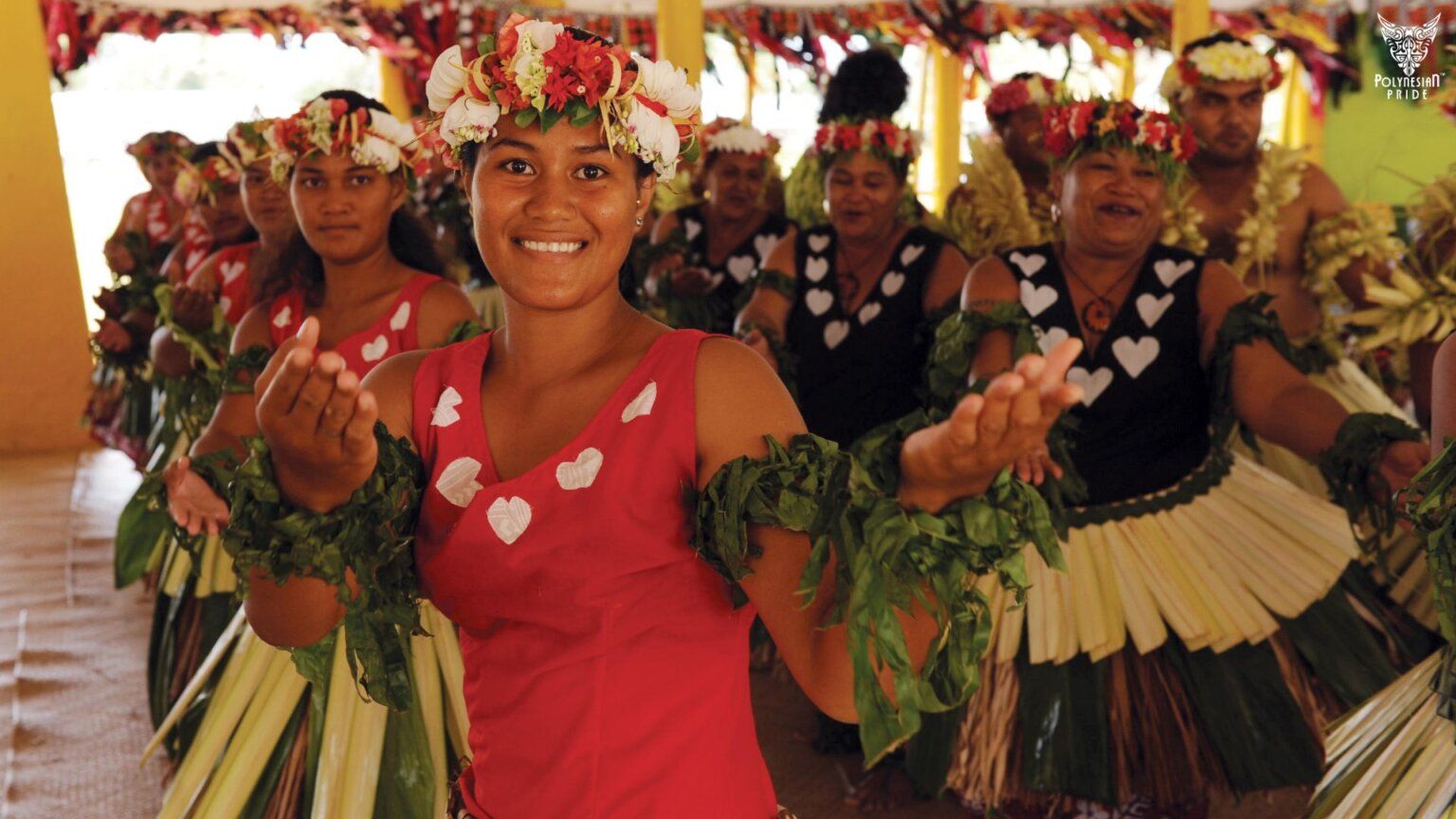

Marama T-Pole is the project lead for Tuvalu's inaugural national festival.
Photo/RNZ/Stefan Lins/Flickr.com/CC BY-SA 2.0
Tuvalu prepares for inaugural cultural festival in 2026
Delegations from Tuvalu’s outer islands will present their unique traditions, while organisers hope Tuvaluans overseas will also return to take part.



Moana Pasifika end Lautoka curse to win 'Battle of the Pacific'


A.R.T sets new Pacific music pace with ‘First Thursday’ releases



Moana Pasifika end Lautoka curse to win 'Battle of the Pacific'


A.R.T sets new Pacific music pace with ‘First Thursday’ releases
Tuvalu is preparing to host its first national cultural festival, with organisers promising a five-day celebration that showcases traditions from across the country’s eight inhabited islands.
The inaugural event, to be held in Funafuti in May next year, is designed to preserve and revive Tuvaluan culture, with a strong focus on young people.
Tuvalu is the fourth smallest country in the world, with a population of around 11,000. Situated about 1000 kilometres north of Fiji, it faces a serious threat from rising sea levels.
Marama T-Pole, who has been appointed to help lead the project, says it is a privilege to be involved. Speaking with Fala Haulangi on PMN Tuvalu, she says the festival aims to showcase and revive culture, while also documenting traditions for future generations.
She says that if young people don’t learn the old chants or how to perform them, those traditions will be lost.
“Whether it’s carving, vaka … we’re filming and digitising that knowledge so we can keep it in that form, and people can look at it and learn from that view as well.”

Fatele is a traditional dance song of Tuvalu. Photo/Polynesian Pride
Delegations from each island will attend, with representatives from the outer islands demonstrating their unique traditions. Food, performing arts, weaving, carving and visual arts will feature.
T-Pole says each island will decide what makes its contribution unique.
“I think that will be the interesting thing, what the outer islands will decide to bring … whether it’s in the carving or lalanga, whatever they decide, it’s a passing on of knowledge as well as showing the wonderful works of our elders at the same time.”
The festival will be held on reclaimed land in the capital, Funafuti, providing space for workshops, performances and concerts.
It is modelled on major Pacific gatherings such as the Pasifika Festival in Auckland and FESTPAC, the regional festival held every four years. Unlike other festivals, T-Pole says Tuvaluans will be the focus rather than lumped in with smaller Pacific nations.
“We always have a smaller stage or a smaller time slot or, for instance, we’re always part of the diversity stage at Polyfest, but at this festival, we are front and centre.”

The Diversity Stage at Polyfest features items from Tokelau, Tuvalu and Tahiti, alongside other nations such as India, Japan and Thailand. Photo/File
The festival will take place during the school holidays to encourage youth participation. Organisers also want to involve Tuvaluans living overseas, particularly in New Zealand and Australia.
“We are from the same place. So if anyone wants to come and be a part of it or perhaps come and bring their own Tuvalu crafts that they’ve been making or arts, this is a wonderful place to show up,” T-Pole says.
“We’d love to see as many of our people involved, and especially I think of many of our traditional knowledge holders that are here and our young people. It would be wonderful to see everyone participating.”
Celebrating Tuvalu at home and beyond
The festival announcement comes as Aotearoa New Zealand is celebrating Tuvalu Language Week with the theme Faipati mo te mautinoa kae amanaia tou fakavae - Speak confidently and respect your foundation.
Events are being held across the country, including celebrating Tuvalu Independence Day on 1 October.
Watch Fala Haulangi's full interview below.
Fala Haulangi, community advocate and PMN Tuvalu host, urges families to keep the language alive at home.
“Come together at functions, bring the Tuvaluan Bible, do your fatele, do your siva, when the mokos come from school, make sure you speak to them in Tuvaluan,” she says.
“The thing that really frustrates the hell out of me is that when Tuvaluans are married to Tongans or Samoans or Tokelauans and all of a sudden put the Tuvaluan language at the back.”
Speaking with Carolanne Toetu’u on Morning Soul, Haulangi says that, along with Christianity being brought to their shores from the Cook Islands, Tuvalu’s cultural ties extend across the region.
“With my islands where I’m from, Nanumea and Nanumanga, it had a bit of Tongan influence, and they say a warrior from Kiribati came to Nui Island and married there, so they speak both Tuvaluan and the Kiribati language.”